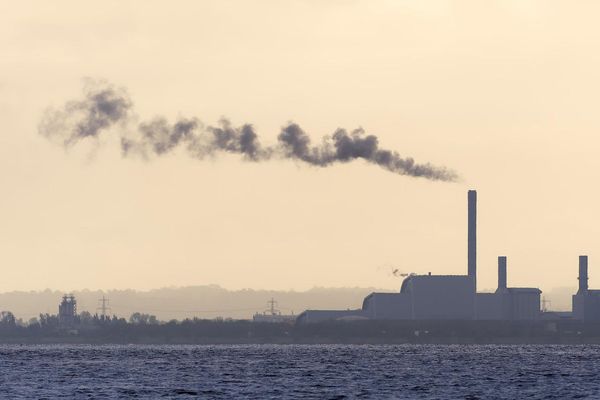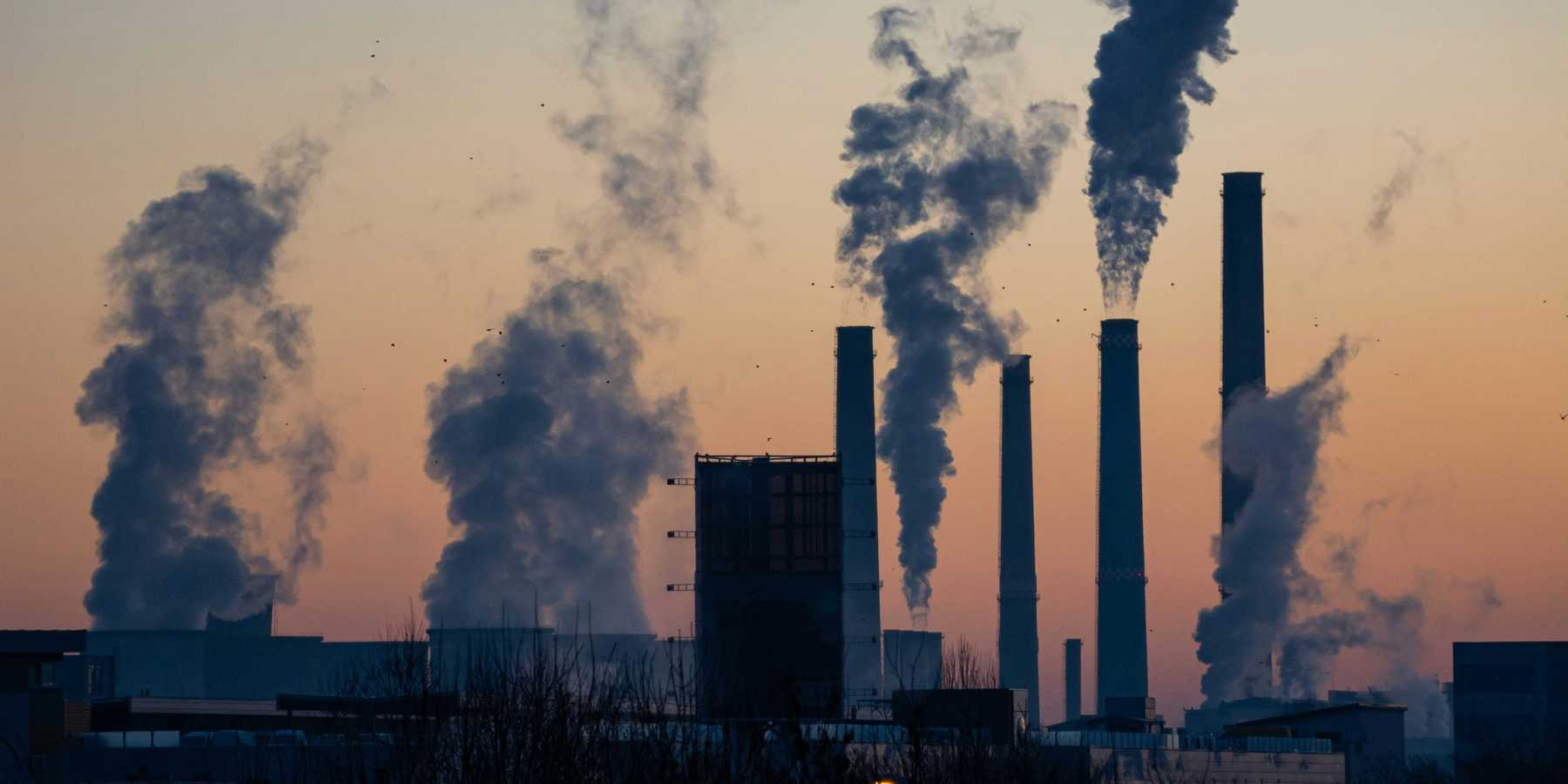opinion columns
Peter Dykstra: Forty years of “just around the corner”
And now that electric vehicles may really be ready, a few new things to think about.
We’re seeing some big signs that electric vehicles (EV) may be ending their decades-long tease.
Here in Georgia, Republican Governor Brian Kemp is on the verge of landing two blockbuster electric vehicle production plants. Yes, a Republican with a track record of indifference on climate and environment.
Kemp faces a tough reelection bid in November against Stacey Abrams, and EV’s might help win that race. He’s cut a deal with Hyundai to base the Korean automaker’s EV manufacturing near Savannah. Hyundai plans to drop $5.5 billion into a complex with 8,100 jobs. In late 2021, Kemp closed a deal with California-based Rivian to build a $5 billion electric truck plant 40 miles east of Atlanta, promising more than 7,000 jobs.
The accelerated push for EV’s is not a Georgia thing. It is happening across the country.
Last month, California announced it will outlaw the sale of new fossil-fuel-powered cars starting in 2035. As many as a dozen other states are expected to follow suit.
GM has announced a not-nearly-big-enough network of 5,000 fast-charging EV stations to be located at truck stops and along interstates.
And last month’s unprecedented federal climate-healthcare legislation is an unmistakable sign that, for now, Washington is taking climate action seriously.
But…
The electronics revolution needed to support the EV revolution will create its own industries, many keying on the rare elements capable of powering advanced batteries.
There’s bit of a problem with this, though. Most of the fifteen elements that are considered to be rare earths – lanthanum, cerium and their 13 neighbors who reside in a rarely-visited neighborhood on the Periodic Table – can often be found in nodules on the sea floor or beneath the melting landscape of Greenland.
Marine scientists, and the environmentalists that have waged a 40-year fight to block or limit seabed mining for not-so-rare elements like manganese, cobalt and copper, are concerned that disruptive activity on the sea floor could harm sea life throughout the water column, and from top to bottom on the food chain.
Exploration firms assure that their activity will cause no harm. Since seabed mining is still just a concept, neither side can offer proof for their claims.
Yet, in August, a U.N. effort to establish standards for any seabed mining for rare earths failed.
The Pacific island nation of Nauru has served notice that they may start mining next year, setting off twin competitions for environmental damage and security tensions. China, with its huge electronics industry, currently leads in rare earth use, but the U.S. and others would love to catch up.Of course, I’m being more than a tad whiny. The potential risks of accessing rare elements are in no way a reason to shun EV’s.
The need to wean ourselves from our oil habit is a life-or-death thing. There are other ways that EV’s aren’t ideal. Juicing up your clean car on power that comes from a coal plant isn’t helping anyone.
But the news is overly good for those who seek an end to humanity’s fossil fuel era.
Peter Dykstra is our weekend editor and columnist and can be reached at pdykstra@ehn.org or @pdykstra.
His views do not necessarily represent those of Environmental Health News, The Daily Climate, or publisher Environmental Health Sciences.
Ruth Greenspan Bell: Wealth and the climate dilemma
Developing countries that increase their fossil fuel production are at a crossroads: securing their own long-term well-being or earning revenue to finance programs to support immediate economic growth.
Irony abounds as we close out a summer that brought the death of the climate truthteller, scientist James Lovelock, along with news that more countries in Africa and South America have decided to exploit, aggressively, their fossil fuel production – protected areas and former promises be damned.
The Democratic Republic of Congo, had, less than a year before at the annual climate negotiation in Glasgow, signed on to a 10-year agreement to protect its rainforest, part of the vast Congo Basin. In shifting to extraction, they seem to be saying, basically, everyone’s doing it; why not us?
Congo is not alone in this choice. In 2015, Guyana discovered off-shore oil reserves. More recently, it is sprinting to exploit at least 11 billion additional barrels of oil off its coast. Like Congo, Guyana’s leadership says it will use the proceeds to improve the lives of its people – in this case, infrastructure and health and education systems.
It’s hard to fault an impoverished country with no historical responsibility for the fast-accelerating climate crisis for wading in at this late date to exploit their fossil fuel resources. And it is clearly impertinent, at the minimum, for those of us who have led gilded privileged lives rooted in huge fossil fuel consumption to fault a country that has decided to try to leverage its natural resources to better the lives of its people.
And there lies the dilemma. Congo itself sets up the choice as between global interest and national-interest, between saving the planet and earning revenue to help an impoverished country finance programs to support economic growth.
Yes, revenues will increase and we can hope they will be spent wisely. At the same time, extraction feeds the beast that inevitably makes their own countries less livable. It lets the wealthy countries off the hook, supporting their continued extravagant energy consumption.
The missing factor in Congo’s calculation is that extraction itself is far from costless. It has profound, permanent domestic impacts. These are hard to manage in normal times and in affluent countries. In the increasingly challenging conditions of a changed climate, countries should be focused on how to sustain life in uncertain times, when they may be thrown on their own resources to survive.
Countries that host extraction must live with the detritus of extraction, which is by definition intrusive. Even responsible extraction of natural resources imposes environmental costs. Digging hydrocarbons disrupts the landscape in a variety of ways. Ground is broken and earth is moved. Roads and power transmission corridors are cut through pristine areas. Workers and often their families must be housed and provided attendant services. All of this produces waste which must be disposed of or trucked out.
The activity of building roads and then the use of those roads and equipment introduces fuels and exhaust fumes. Extraction operations often use hazardous chemicals. Sometimes companies cheat and use illegal chemicals rather than those considered appropriate and for which there are technologies to capture and clean or separate. Offshore drilling brings its own set of disruptions. On land and at sea, there are oil spills that contaminate soil and water and may cause devastating explosions and fires.
All of this wreaks havoc on natural systems, fracturing the complex web of ecological interactions and processes that strain to support local life and downstream communities and cities, especially agriculture. Water is unclean or more toxic or less available as natural flows and connections between water bodies are irreparably cut. It is these flows that are essential for sustaining life. When mining finally leaves, lost topsoil, vegetation and forest cover constitute a broken natural chain that is rarely restorable.
Some impacts are obvious and visual, for example table top removal to extract coal. Others are more difficult to track and comprehend. When pollution enters an ecosystem, it is often difficult to trace its source and attribute responsibility. This is true even in countries with vast resources, empowered citizens with the tools and legal recourse to play a watch-dog role and well-functioning systems of law.
Dr. Lovelock’s legacy is the knowledge that destroying the living organism that is Earth has huge costs. Extraction and the exploration that leads to it breaks communities, piece by piece. Deciding to engage in these activities now comes at a very bad time in the history of the Earth and of human kind's existence on it.
Of course, companies promise to clean up their mess. Experience tells us not to rely on such promises – not only because promises are broken but because much of this damage is irreparable. Reconciling extraction and protection of the environment is an ongoing challenge even in places with well-established regulatory systems. Look at West Virginia, albeit a different kind of extraction. Despite requirements that coal companies remediate, bankruptcies of coal giants like Peabody have thrown into doubt who is responsible for abandoned strip mines and denuded mountains. Impoverished countries will have even less leverage to manage the damage when the corporations leave.
As climate change fully hits vulnerable countries, heat will buckle roads and rail beds; erratic precipitation will make hydropower unreliable and make it harder to move product on water, much less to provide for domestic water needs. There comes a point where working in the heat is not just oppressive but fatal.
It would be a bold option for these countries to take control of their destinies. One way to do this is to reject extraction and adopt a self-protective plan shifting to more fundamental but sustainable endeavors. A tortoise rather than hare strategy better positioning them for the inevitable shift could range from diversifying into alternate energy sources to water harvesting, dry farming and building soil capacity to retain water. These are all techniques recommended for water-poor, stressed geographies such as Gaza. The inevitable changes on the horizon argue for making a virtue of what has been seen in the past as a liability — small scale survival.
In an ideal world, the wealthier countries would contribute to this strategy, but realistically, help at scale from abroad is unlikely. Countries at risk have pleaded for climate adaptation or compensation funds – some of which could in theory help with these kinds of transitions. In reality, what funds that exist are chronically underfunded and unreliable. Congo came out of Glasgow with such promises, which it clearly decided were not sufficient.
Is this advice realistic? Maybe not, but humanity is in uncharted waters, meanwhile trying to pretend that everything is manageable. The truth is: any big challenge requires political will. Sometimes survival is achieved by defying conventional wisdom.
These are not easy choices, but rejecting extraction would engage a very different vision of self-interest. And one that might be more appropriate for the disaster we find ourselves in.
Ruth Greenspan Bell is a Public Policy Scholar at the Woodrow Wilson International Center for Scholars in Washington, DC, and affiliated with The Environmental Law Institute. Her views do not necessarily represent those of Environmental Health News, The Daily Climate, or publisher Environmental Health Sciences.
Jim O’Brien: Act on climate and pass the Inflation Reduction Act
Congress is facing the opportunity of a generation to help bolster the economy of New Hampshire and the country while simultaneously addressing the existential threat of our lifetimes: climate change.
Arnold Schwarzenegger’s ironic warning over climate change rhetoric
Michael Bennet: Time is running out on climate change. Trump must go
The clock is ticking. By the time the next president is sworn into office in 2021, scientists say we will have just nine years until our climate is damaged beyond repair.










